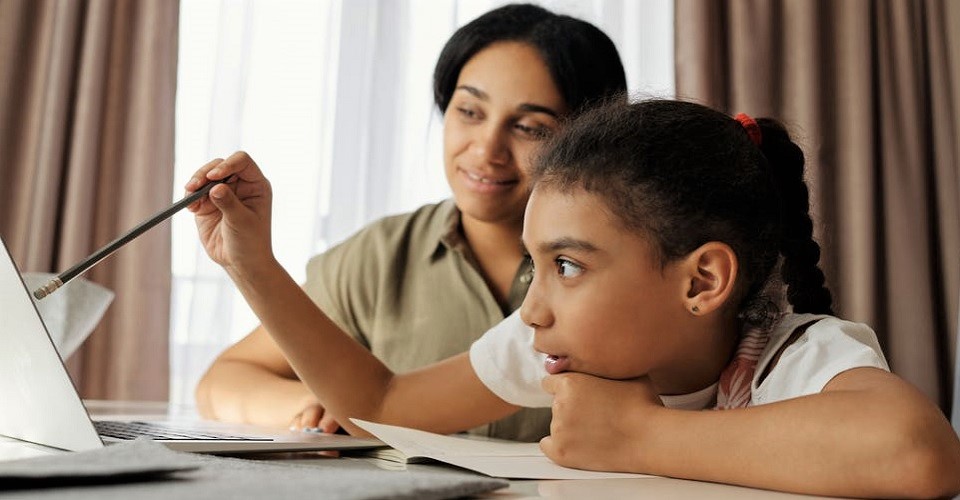Roles and Responsibilities of a School Counsellor
27th February 2021
A school counsellor is someone, who uses assessment, group or individual counselling to help learners with their academic, social, personal, and career development. Often, school counsellors become a part of an educational team and provides a strong support to a student's academic achievements.
How does it work?
School counsellors arrange for certain tests (aptitude) that disclose a learner’s interests, abilities, and their personality. Then, based on the outcomes, it’s the counsellor’s duty to help learners frame practical and achievable objectives for their academics and career.
School counselling also includes intervention and mediation. Many a times, school counsellors possess the skills required to detect problems before they intensify and provide interference e.g., individual or group counselling.
School counsellors explore the academic, personal and career challenges while framing solutions for them. But school counsellors are unable to offer diagnostic services unlike a licensed professional counsellor.
What is the role of a school counsellor?
The position of a school counsellor comes with many responsibilities that need to be fulfilled. The responsibilities revolve around the children’s education and can change depending upon the level of their work. Counsellors adept at student counselling techniques are basically trained educators with an extra focus on mental health and developmental issues. This, actually, provides them with the skill set required to face the challenges in their field of work.
So, to provide you with a bit more insight, let us have a look at some of the crucial responsibilities of school counsellors and challenges that come with it.
- Counselling learners
Counselling learners is undoubtedly one of the key responsibilities of a school counsellor. Studies show that counsellors spend at least 80% of their time directly or indirectly catering to students, and majority of this time includes direct counselling.
School counsellors use information that they have gained through formal education, such as a Diploma in Counselling for Teachers, to provide one-to-one or group counselling to students. Such sessions might benefit students overcome various behavioural problems, refine their time management and organizational skills, set-up academic goals, resolve interpersonal problems with peers, or work their way through various personal issues. School counsellors in high schools may also help students in making them realise their career goals for the long run, ensure their classes will help them achieve these and find potential financial aid and opportunities for them.
- Coordinating with parents
Apart from working with learners, school counsellors also work with parents in certain cases. Sometimes, it may be necessary to involve a student’s respective teacher/parents in the process. E.g., counsellors may bridge the gap with teachers to expand strategies for assisting a learner with learning difficulties. The counsellor may also meet the child’s parents to deliberate ways, so that they can help simplify learning at home and maximize learning outcomes.
School counsellors may also communicate with teachers and parents in cases that concern students with mental health issues or with severe behavioural issues.
- Referring students to external agencies
Oftentimes, school counsellors face problems that are too big to deal with at the school level. Under such circumstances, a school counsellor might refer students to external agencies well equipped to deal with that particular concern/s. E.g., recommending parents to put their child through psychological testing.
Under child welfare laws, a school counsellor is also required to report any incident/s of child abuse or neglect to relevant authorities.
- Participating in student welfare and learning support committees
School counsellors are an essential part of an institution’s student welfare. As a school counsellor, discussing students of concern with other committee members, and collect and share information related to student welfare and learning support matters. As a member/part of these committees, they also develop, coordinate, and measure initiatives that encourage student welfare and improve learning standards.
- Evaluate and improve the counselling program
School counsellors needs to put in more efforts to make their school’s environment the best that it can be. At the end of the day, it’s the school counsellor’s duty to cast a critical eye over the already existing counselling practices and recognize area that needs to be improved. After that, they need to take their recommendations up with the school’s board or principal and campaign for changes that will help all staff members, students, and their family members as well.
Working as a school counsellor can be challenging at times, but the profession, indeed, along with such responsibilities come with great rewards.
Written By : Ipsita Roy